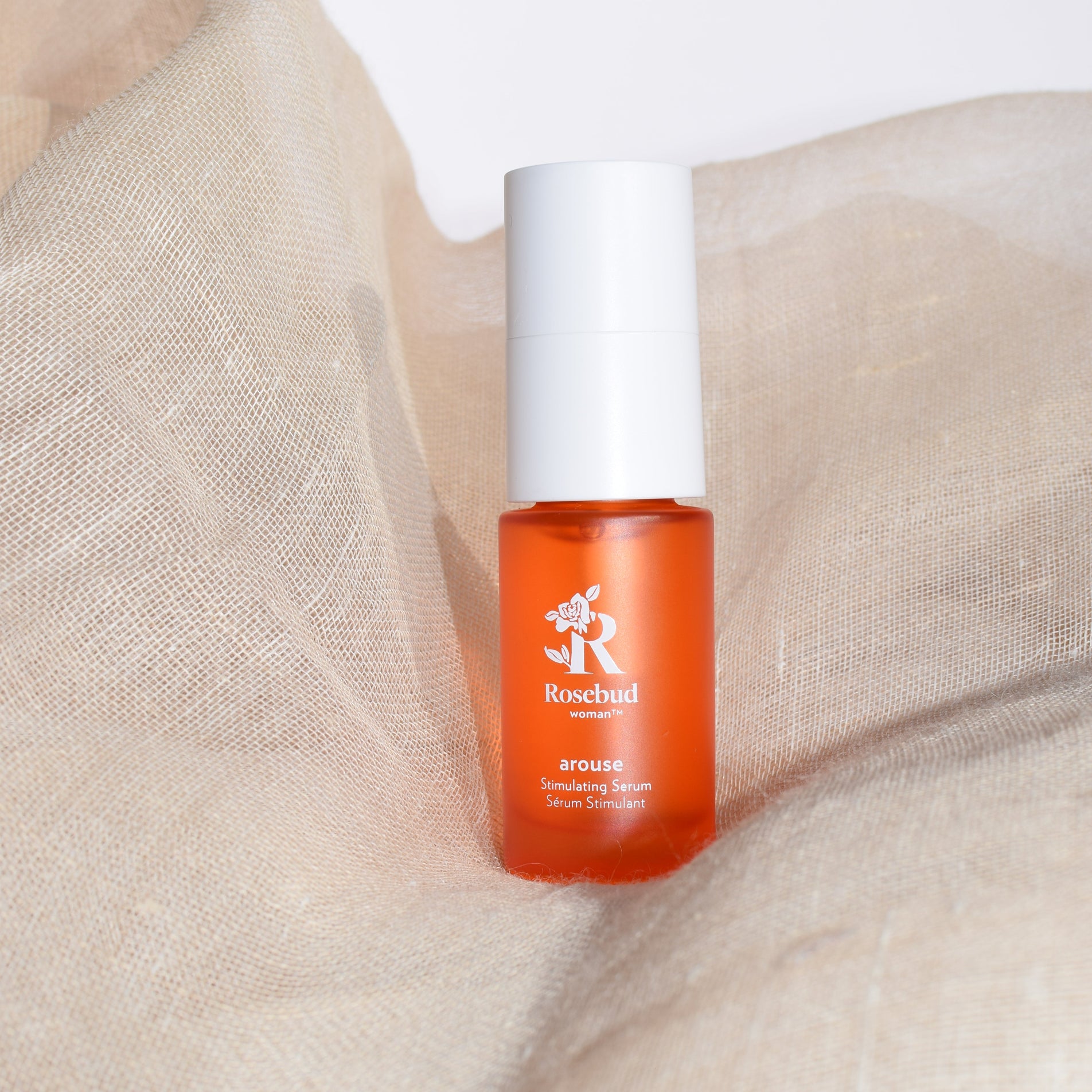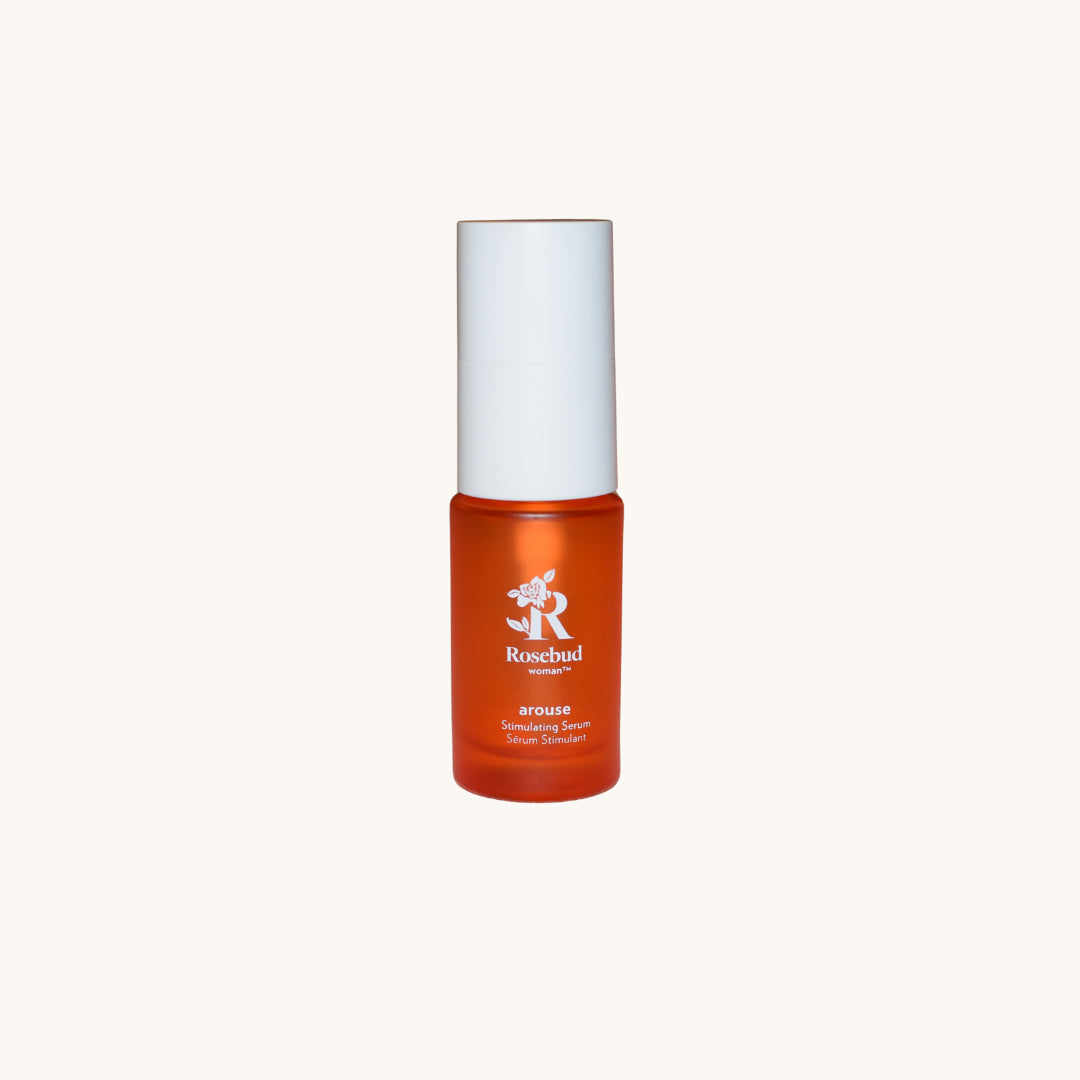Why Sleep Evades Women in Menopause
Contrary to popular belief, hot flashes are not one of the biggest complaints of women in menopause. Rather, sleep issues tend to take precedence when it comes to the 34 annoying symptoms that accompany this life stage.
Sleep is vital for our overall health and wellbeing. Yet, despite its necessity, sleep can evade us even when we need it most. Changing hormones are responsible for several symptoms that can interfere with rest, including anxiety, night sweats, and joint pain. Insomnia can also develop during menopause.
Let’s take a look at why menopause affects the sleep cycle and what you can do to get a better night’s rest.
Why Our Bodies Need Sleep
We need several consecutive hours of sleep for optimal health. Sleep is an opportunity to hit the restart button each day. Sleep allows our bodies to:
- Consolidate our memories and experiences
- Restore and rejuvenate
- Repair tissues
- Grow muscle, and
- Synthesize hormones
When we do not get enough consecutive hours of sleep, our bodies cannot complete all of the above tasks that keep us healthy and well.
Surprisingly, the body regulates sleep similarly to how it regulates other vital functions like breathing, eating, and drinking. Although scientists are still exploring more in-depth theories about why we sleep, there is certainly a consensus that sleep helps prevent disease and boosts our vitality.
Menopause and Your Sleep Cycle
Unfortunately, the circadian rhythm (our internal clock) is quite sensitive to hormonal shifts within our bodies. In menopause, our ovarian function declines to where the ovaries no longer release eggs and produce estrogen. Changes in estrogen levels can affect all of your organ systems, including your brain and its neurohormones.
Melatonin is the sleep hormone. In the journal Sleep Science, a comprehensive study revealed that melatonin levels decrease during perimenopause, which is the time before a woman reaches menopause. However, parallel findings show that men of the same age also experience a decrease in melatonin levels. Whether age, hormones, or a combination of the two causes insomnia is yet to be determined.
Managing Sleep Problems in Menopause
While it may seem out of your control, there are several tactics you can try to get a decent night’s rest in menopause.
Lifestyle Changes
Establish a bedtime - If you have children, you probably created a bedtime routine that consisted of winding down, perhaps a warm bath, a story or two, then bedtime. Well, establishing a routine for yourself can also be highly effective in helping you relax. Similarly, going to bed at the same time each night can help train your body and mind to be ready for rest.
Cut back on screen time - We are beginning to learn more about how the digital age affects our brains. And while there are numerous benefits to having a continuous feed of information at our fingertips, constant screen time can wreak havoc on your circadian rhythm. Try putting your phone out of sight for two hours before sleep to help decrease stimulation.
Reduce alcohol and caffeine - So often, people rely on caffeine to give them energy and use alcohol to wind them down. Yet, both of these substances can have significant impacts on our sleep cycle. Try to cut back on caffeine and alcohol if you use them frequently, especially in the hours before bedtime.
Exercise Regularly - Physical activity has a way of increasing our energy while simultaneously helping us rest better at night. Try to fit exercise into your daily schedule to regulate your sleep cycle.
Prepare your sleep environment - If hot flashes and temperature instability keep you up at night, try to create an ideal sleeping climate. For example, you may want to turn up the fan or lower the thermostat or wearing sweat-wicking pajamas (or even none) to keep you cool and comfortable.
Self-Care - The notion of self-care is finally earning some precedence in our busy, on-the-go society. Yet, trying to implement self-care practices into our daily routines can be challenging, and are often easily brushed aside when more urgent tasks arise. Healing through touch can have powerful restorative effects on the body. Consider trying massage before bed (either with a partner or solo) or writing in a journal.
Supplements
Melatonin - Taking a melatonin supplement can help boost melatonin levels in your body and improve sleep, especially if taken at the right time of day. Melatonin is a popular natural sleep aid for shift workers and people with jet lag.
Magnesium - As one of the most popular minerals on the periodic table, taking a magnesium supplement can have profound effects on your body, including stabilizing your mood, improving digestion, and helping you sleep better.
Medication
No matter how hard you may try, some women in menopause need sleep medication to help them get the rest they need. If you feel that natural treatment options and lifestyle changes have not improved your sleep, it is important to connect with a health provider.
Your provider may recommend some over-the-counter medication options for short-term help. If these medications are not helpful, your doctor may also consider prescription sleep aids to help you get the rest you need to thrive.
The benefits of sleep are far too great, and getting too little sleep for too long can have consequences for both your physical and mental health. If you are in the menopause transition and are struggling to sleep, attack your insomnia from all angles:
- Make changes to your diet
- Modify your lifestyle to increase your chances of sleeping (such as cutting back on caffeine and alcohol, or reducing screentime before bed)
- Give your body some tender loving care with self-massage, warm baths, or gentle stretches
- Meet with a trusted health provider for advice on natural and medicinal sleep remedies to help you thrive during this phase of womanhood.
Julia Walker, RN, BSN is a women’s health nurse and advocate. She is a member of the perry team. perry is a social network for women in perimenopause - connecting & supporting like-minded warriors in the same stage of life. The community offers a safe space for women to feel understood, unite and tap into knowledge and resources from menopause experts.
Disclaimer: This is not medical advice, does not take the place of medical advice from your physician, and is not intended to treat or cure any disease. Patients should see a qualified medical provider for assessment and treatment.


























